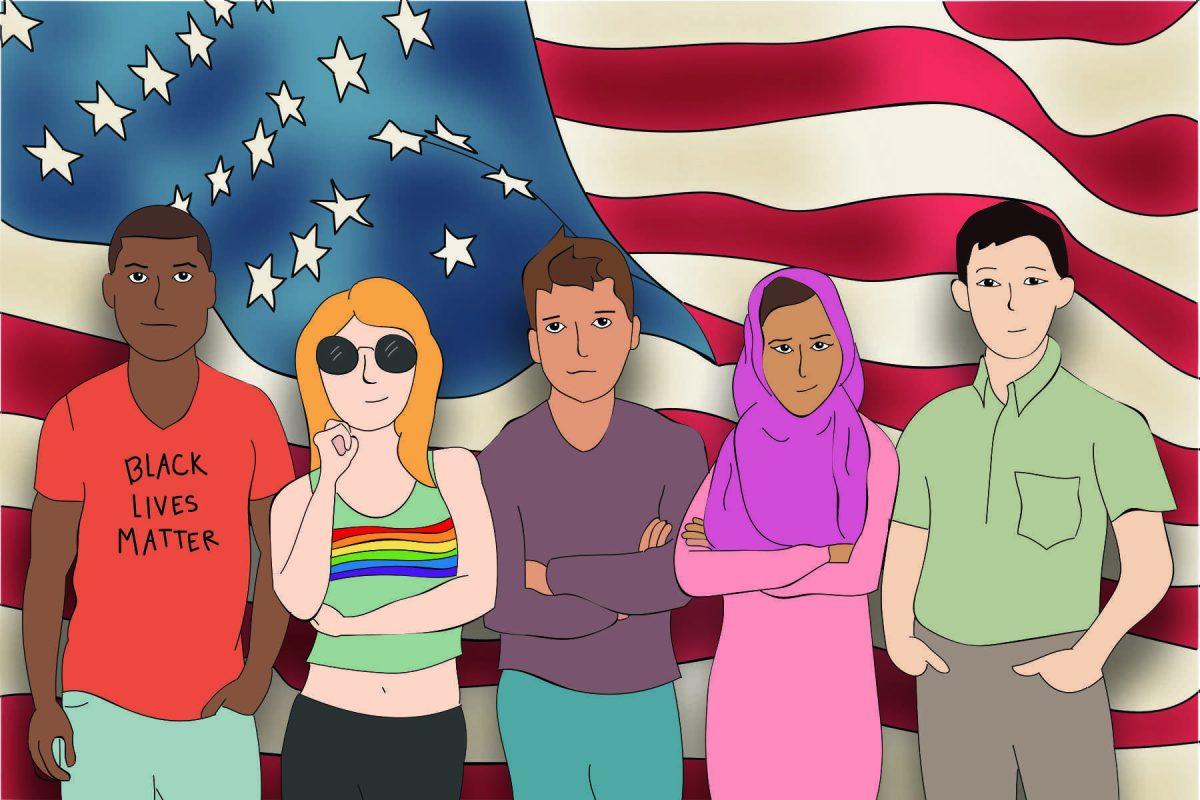Wednesday, Oct. 1, 2008.
Just four months after graduating high school, I peered through the rear windshield of my recruiter’s car at my childhood home. I knew definitively I wouldn’t see it, or my family, for several months.
“I’m going to miss this,” I thought. “I’m going to miss everyone.”
Admittedly, I kind of knew what I was getting myself into. Joining the Army at a time of war meant I would be deployed. It meant I would forego spending treasured holidays with my family and the only friends I’d ever known until that point. Those were the only certainties I had as a wide-eyed teenager embarking on a journey toward the relative unknown. For at least the next four years of my life, I was going wherever the Army took me.
13 months later, I was on a C-130 cargo plane somewhere over Afghanistan. I remember the uncomfortable posturing of the plane’s web-style seating and a cabin bathed in an eerie red twilight. A pervasive chill overtook the plane in the wee hours of the morning as we soared over the Middle Eastern mountains, and I could hear a soft humming sound through my earplugs. Everywhere I looked, I saw a sea of digital camouflage and the faces of people who, like me, missed home.
At that moment, I questioned my purpose there.
The hanging, shaking heads alongside me on that C-130 suggested I wasn’t the only one asking, “Why? Why in the hell did I do this?” For those who had their heads held high, the noticeable lumps in their throats made it evident their bravado was nothing more than a crumbling facade. The question of “Why?” was coming for them, too, if it hadn’t already found them.
Like most others, I enlisted because I love our country and wanted to have a role, however small, in our military — the strongest team in the world.
After being abroad and interacting with people in war-torn countries, I now appreciate the greatness of America even more. I appreciate the fight it took to get here and the fight it takes to protect what we have.
Consequently, I also recognize that my experience paled in comparison to many others. I couldn’t even begin to understand the thoughts and feelings of a modern day service member heading straight to the front lines, a World War II veteran prior to landing on the beaches of Normandy or a Vietnam veteran as they patrolled the dense, canopied jungles of southeast Asia.
If you haven’t served, you obviously can’t appreciate it to the extent of a veteran or their family. However, today’s technology allows you to witness the genuine plight of other countries in real time. As such, I can’t and don’t understand those who don’t love this country. The mindlessness displayed by people who refuse to recognize how fortunate they are in spite of the many pressing issues we face as a society is astounding.
But, really, that’s not the talking point. Rather, it’s about adults needing therapy dogs, coloring books, play-doh and safe spaces to host “cry-in’s” because their preferred candidate lost a presidential election. Naturally, it’s difficult for me to sympathize with people who regress toward such juvenile methods of protest because they didn’t get their way.
This past November, American voters rebuffed the global initiative to usher in a one-world government, which culminated in President Donald Trump’s inauguration Jan. 20. His inaugural address verified that our government now seeks to prioritize the welfare of this nation, its economy, borders, military and citizens above all others.
Following the inauguration, hordes of angry liberals and feminists participated in the “Women’s March on Washington,” led by celebrities like Madonna and Ashley Judd.
Raucous protesters saw Madonna freely swearing while glamorizing her thoughts of blowing up the White House and Judd accusing our President of having incestuous thoughts about his own daughter. For supporters of a campaign that made “When they go low, we go high,” a rallying cry, they and the people who applauded them went very low, indeed.
Unfortunately, the inaugural narrative has been hijacked and fragmented by these moral narcissists into half-truths, quarter-truths and pure fiction that led people to stereotype nationalists as less intelligent, less feeling and morally bankrupt xenophobes.
At their core nationalists believe that America and Americans should come first. They believe the United States is a sovereign nation with immigration laws that demand respect, and those who immigrate the right way deserve the utmost respect.
Worldwide, people have expressed utter contempt for their national policies being predicated upon worldview. The British secession from the European Union and the rise of nationalist leader Marine Le Pen in France say so. Globalism is out, and nationalism is in.
It may be time to retire the stale narrative that someone who has different political beliefs than you is less of a person than you. It’s been the liberal mantra for some time now, and, quite frankly, it’s the one that lost and one that will continue to lose.
Christopher Godail is a 27-year-old interdisciplinary studies junior from Kenner, Louisiana.
Opinion: Nationalist interests simply seek to put Americans first
January 25, 2017
Cartoon: Nationalism





